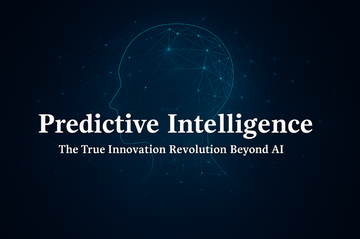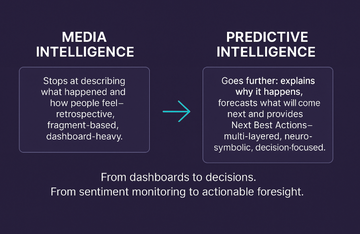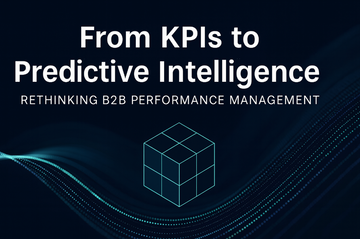The Power of the Swarm: How Collective Intelligence is Reshaping Our World
by Uwe Seebacher on Apr 03, 2024
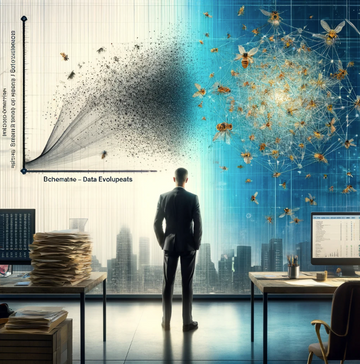
As an academic specialized as one of very few globally in methods and structural sciences, author, and entrepreneur with a keen interest in the future, I'm fascinated by the emergence of collective intelligence. It represents a fundamental shift in how we tackle problems, moving beyond individual limitations and harnessing the power of collaborative problem-solving.
Imagine the Journey
Imagine the journey: from a time of limited data and gut-feeling decisions in local economies, to our current world overflowing with information. Artificial intelligence (AI) and predictive intelligence (PI) have been instrumental in this transition. However, the sheer volume of data also presents a new challenge – managing complexity and fostering innovation.
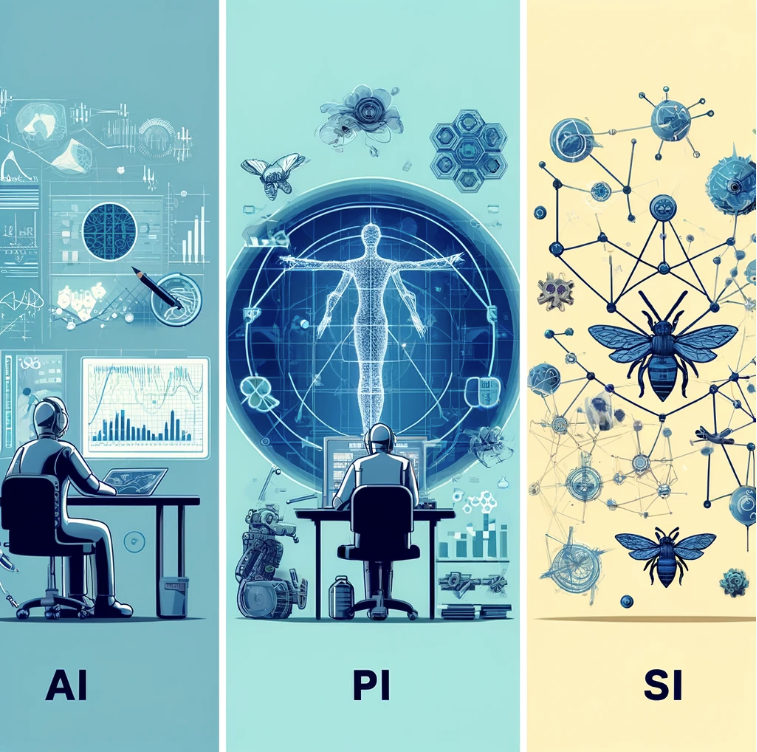
This is where collective intelligence, specifically through the lens of swarm systems, comes into play. Here, the exchange of ideas and perspectives within a group leads to innovative solutions and faster, more adaptable decision-making. It's crucial to differentiate between these related concepts:
- AI: Programs designed to mimic human intelligence, capable of tasks like language recognition and decision-making.
- PI: Data-driven forecasting of future events, using advanced pattern recognition and statistical analysis.
- Swarm intelligence (SI): The collective behavior of decentralized, self-organized systems, both in nature and human societies, leading to intelligent group decisions.
Swarm systems emerge from interactions among numerous autonomous agents. Imagine a bee colony, a flock of birds, or a school of fish – all these demonstrate a fascinating phenomenon. Through positive feedback loops, these independent entities self-organize into dynamically adaptable structures with complex, intelligent behaviors.
The Principles Behind
The principles behind swarm intelligence are increasingly evident in human societies. Open-source projects, social movements, and online communities all showcase the power of collective problem-solving through self-organized networks. It's a paradigm shift with vast implications.
In the business world, swarm intelligence translates to agile teamwork, where diverse ideas collide to spark creative solutions with remarkable efficiency. Financial markets, industrial robotics, and agile project teams all demonstrate the potential of collective wisdom. Imagine predicting market fluctuations, optimizing production processes, and enhancing team collaboration – all through the power of the collective mind.
The benefits of adopting swarm intelligence in decision-making are numerous. Agile, informed decisions are made by combining diverse insights, leading to innovative solutions for complex challenges. Risk management is also enhanced, as a wider range of perspectives is taken into account.
Work Systemically
Organizations looking to harness the power of swarm intelligence should approach it systematically. Assessing readiness for collaborative methods is the first step, followed by conceptualizing and piloting swarm-based processes. Remember, AI, PI, and SI are not mutually exclusive. Their symbiotic use allows for efficient data analysis (AI/PI) while integrating human experience (SI), leading to improved predictions and adaptable systems.
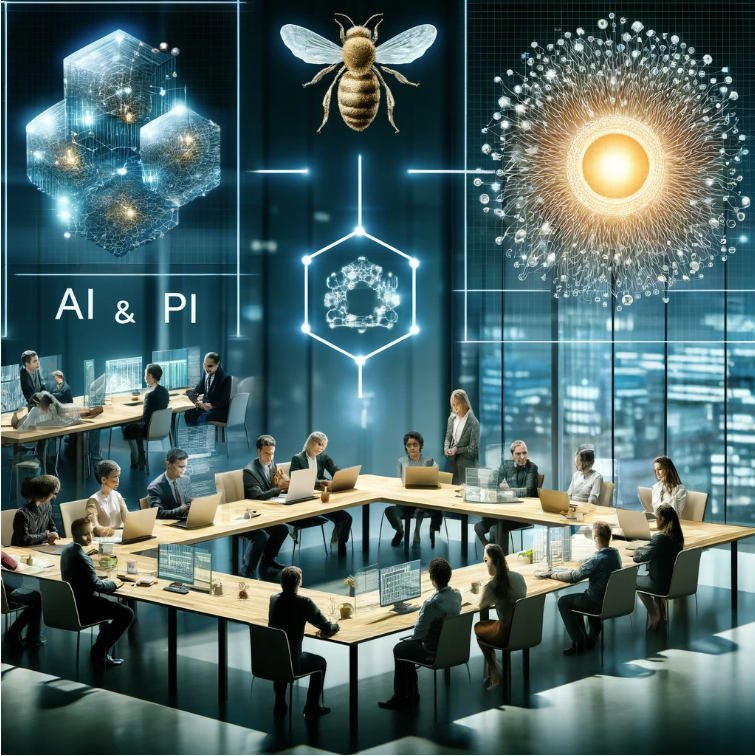
Practical examples of this integration are already having a positive impact in healthcare, clinical psychology, and management. Imagine enhanced diagnostic accuracy, more precise risk assessments, optimized treatment plans, better predictions of treatment outcomes, and even increased marketing efficiency – all through a combination of AI, PI, and SI.
However, it's important to acknowledge potential risks alongside the opportunities. Loss of control, susceptibility to manipulation, and ethical concerns all need careful consideration.
A Revolutionary Approach
In conclusion, collective intelligence, as exemplified by swarm systems, offers a revolutionary approach to navigating the complexity of our modern world. By implementing this approach with a balanced perspective on both benefits and risks, we can redefine the landscape of decision-making and innovation across various sectors. This is the future, and it's a future built on collaboration. Further information can be found in the book "Collective Intelligence: The Rise of Swarm Systems and Their Impact on Society* (CRC Press) by Uwe Seebacher.



